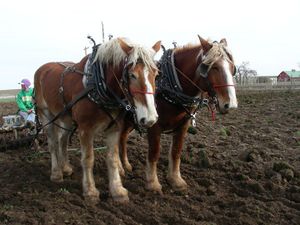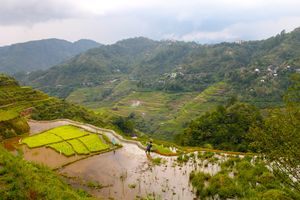Course:LFS100/Food Sovereignty
Food Sovereignty


Food Sovereignty is broadly defined as the right of peoples to healthy and culturally appropriate food produced through ecologically sound and sustainable methods, and the right of peoples to define their own food and agriculture systems. Coined by Via Campesina in 1996, the concept was a derivation of farmer frustrations with international agricultural development policies and mechanisms that gave corporations and market institutions control over the global food system. The concept of food sovereignty was also a response, an opposition to the concept of food security. Food security is when all people at all times have access to sufficient, safe, nutritious food to maintain a healthy and active life. Critics argue that much of the food security discourse directly and indirectly promotes the corporate food regime, as well as fails to address ensuing inequities and ecological degradation. Food sovereignty responds to these inadequacies by explicitly addressing such power dynamics and ecological implications. Since its inception, the concept of food sovereignty has been adopted and advocated around the world, and continues to gain momentum.
Tips:
- Watch and listen to Valerie Segrest’s TEDx Talk on the meaning of food and food sovereignty to Coast Salish Peoples.
- Review the 7 principles of Food Sovereignty.